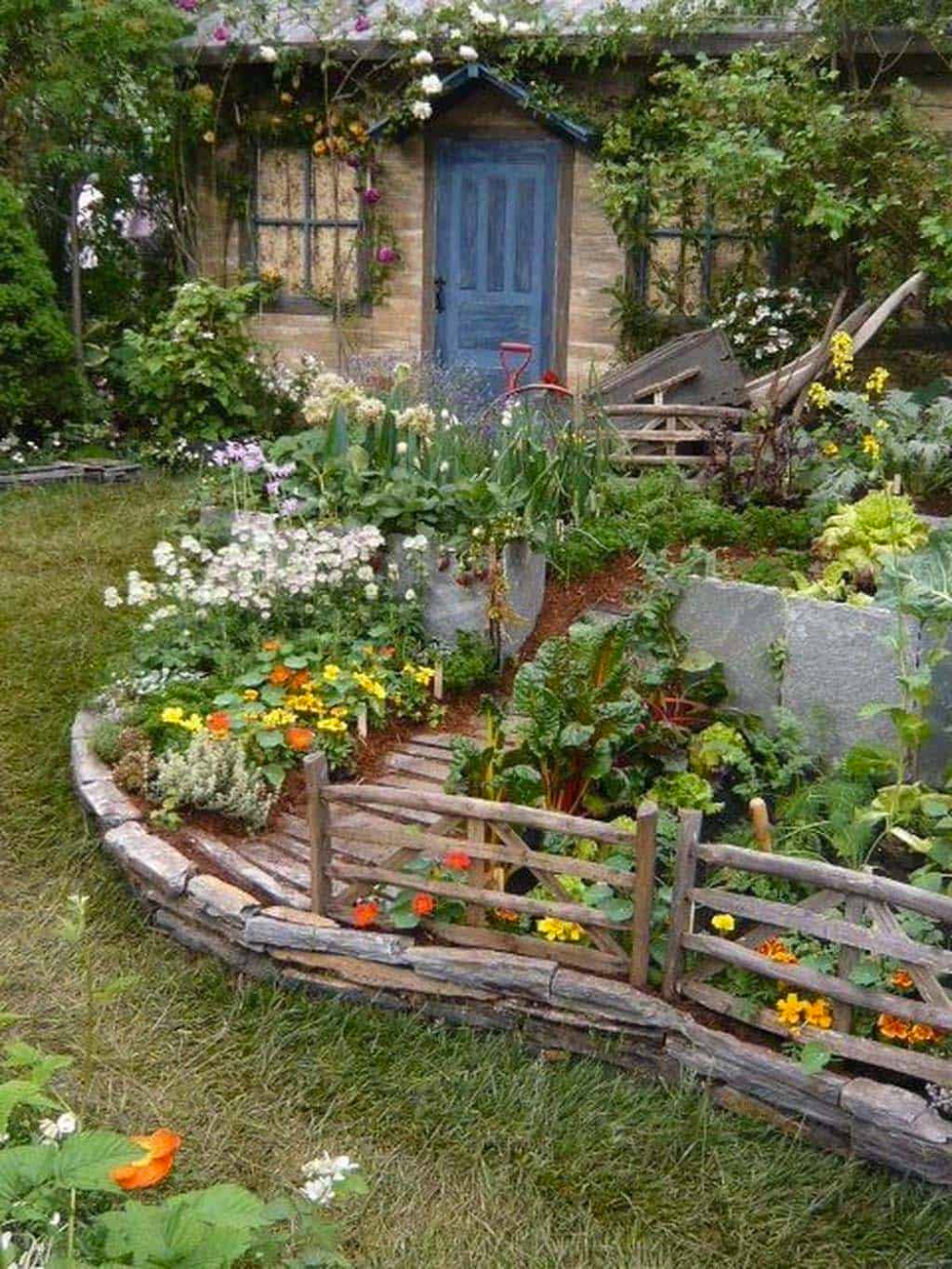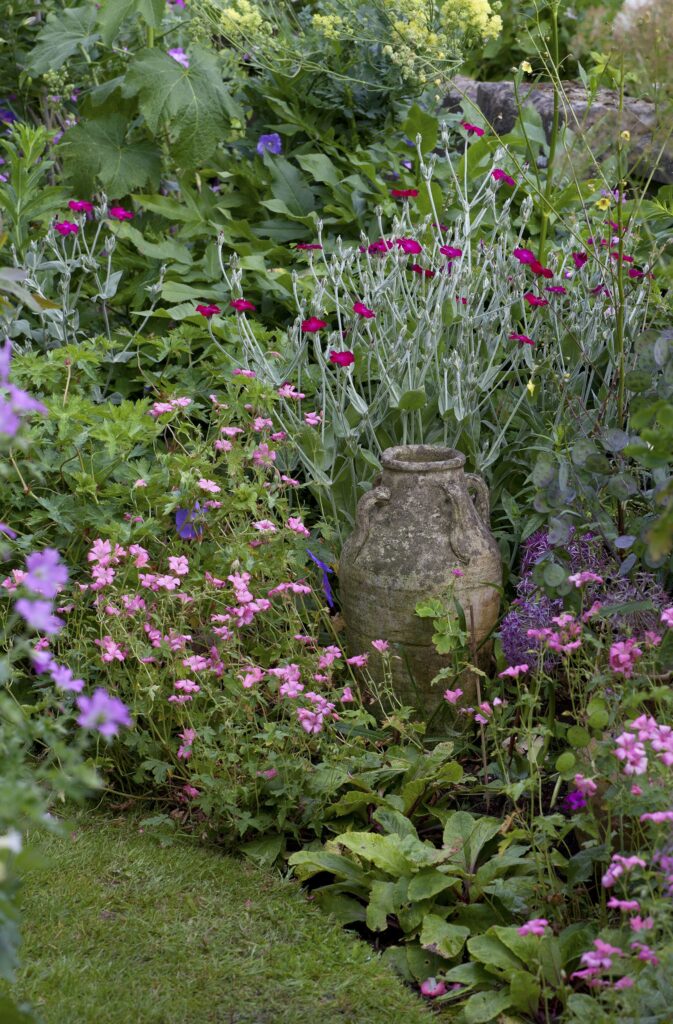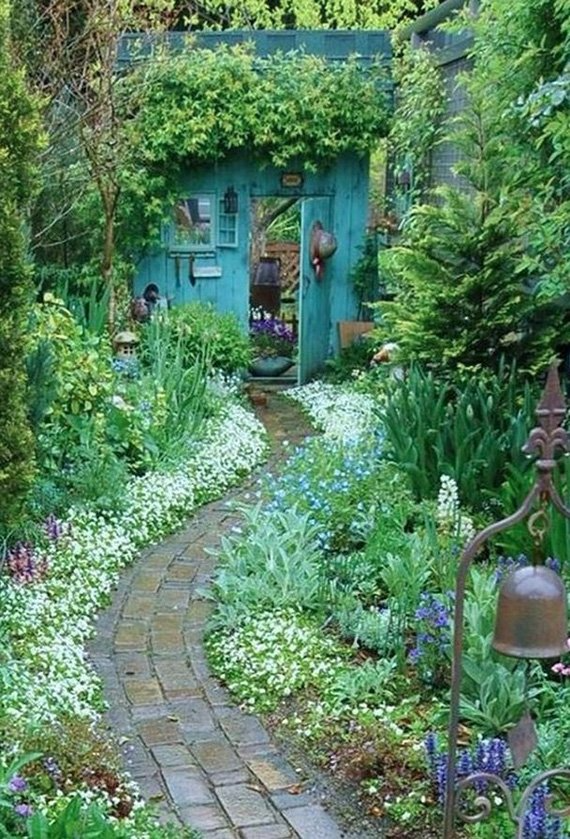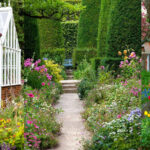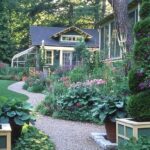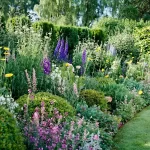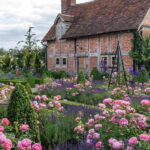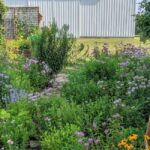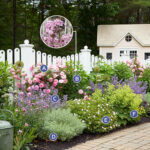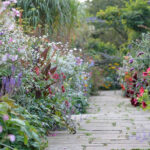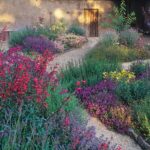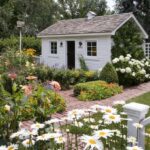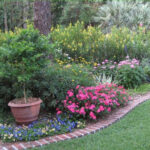Cottage gardens are a popular gardening style that emphasizes a picturesque and informal planting scheme. These gardens are typically filled with a variety of flowers, herbs, and vegetables intermixed in a seemingly random yet harmonious way. Originating in England during the 19th century, cottage gardens were traditionally created by homeowners living in small rural cottages who wanted to grow their own produce and beautify their surroundings.
One of the defining characteristics of cottage gardens is their abundant and diverse plantings. Rather than adhering to formal design principles, cottage gardens allow for a more relaxed and naturalistic approach to gardening. This means that flowers of all shapes, sizes, and colors can be combined in a haphazard yet visually appealing manner. This creates a sense of charm and whimsy that is characteristic of cottage gardens.
In addition to their aesthetic appeal, cottage gardens also serve a functional purpose. The mixing of vegetables, herbs, and flowers in close proximity creates a balanced ecosystem that is beneficial for pollinators, such as bees and butterflies. This not only helps to support local wildlife but also increases the overall health of the garden by promoting biodiversity and reducing the need for chemical fertilizers and pesticides.
Cottage gardens are also relatively low-maintenance compared to more formal garden styles. Because of their informal nature, cottage gardens are forgiving of imperfections and do not require the meticulous upkeep that formal gardens often demand. This makes them an ideal choice for beginner gardeners or those who prefer a more laid-back approach to gardening.
Another key aspect of cottage gardens is the use of traditional and heirloom plant varieties. Many cottage gardeners choose to grow old-fashioned flowers, such as roses, hollyhocks, and delphiniums, which have been passed down through generations. This not only adds a sense of nostalgia to the garden but also helps to preserve these unique and often endangered plant varieties.
Overall, cottage gardens offer a charming and sustainable approach to gardening that is both practical and visually appealing. By incorporating a mix of flowers, herbs, and vegetables in an informal and picturesque way, cottage gardens provide a sanctuary for both gardeners and wildlife alike. Whether you have a small backyard or a spacious estate, a cottage garden can add beauty, fragrance, and whimsy to any outdoor space.
